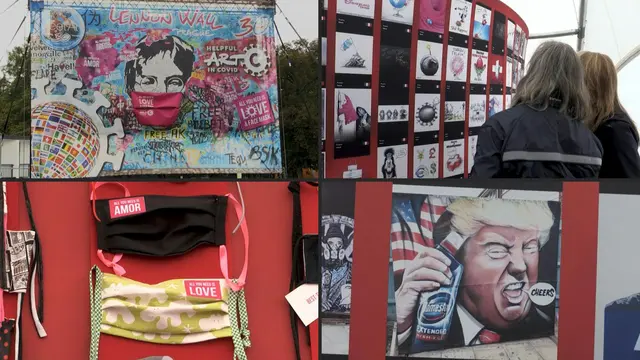China's forex reserves rose for the eighth month in a row in September as the pressure of capital outflow eased, data from the central bank showed Monday.
Forex reserves had amounted to 3.1085 trillion dollars by the end of September, increasing 16.98 billion dollars from a month earlier.
It was the first time that China's reserves have climbed for
eight months in a row since June 2014, and brought its stockpile, the world's largest, to the highest since October last year.
The consistent rise has led some analysts to believe the
People's Bank of China (PBOC) may have become a net buyer of foreign exchange for the first time in nearly two years.
"But we believe any such purchases reflect a desire to
create uncertainty over the short-run trajectory of the currency rather than resisting medium-term appreciation," Julia Evans-Pritchard, China Economist at Capital Economics, wrote in a note.
China has tightened rules on moving capital outside the country since late last year as it scrambled to support the renminbi and stem a slide in its forex reserves.
Beijing burned through nearly 320 billion dollars of reserves last year, and the renminbi fell about 6.5 percent against the surging dollar, its biggest annual drop since 1994.
However, the renminbi has seen a sharp rebound so far this year, thanks to a reversal in the dollar, a further widening of Beijing’s forex controls, and the steady economic growth.
The renminbi had gained 7.5 percent against the dollar through early September, but it softened a bit in recent weeks.
Taken together, the regulatory measures, exchange rate forces and a stronger trade surplus may have brought China’s capital flows roughly into balance for the first time in years.
The country’s outbound non-financial investment (ODI) slumped 41.8 percent in January-August from a year earlier, as authorities kept a tight grip on outflows for "irrational" overseas projects.
The state council said in August that China would limit overseas investment in property, hotels, entertainment, sports clubs and film industries.
(CGTN)
 简体中文
简体中文

